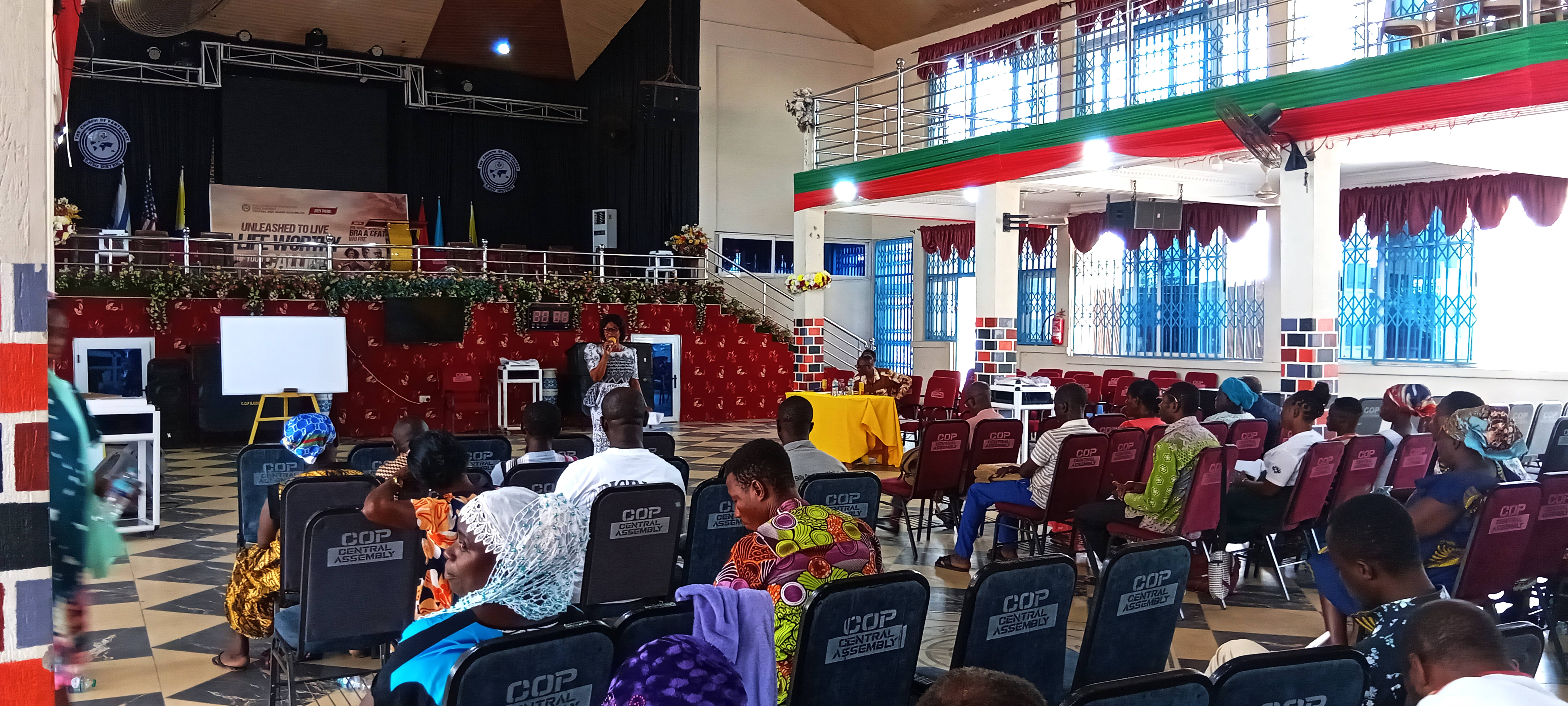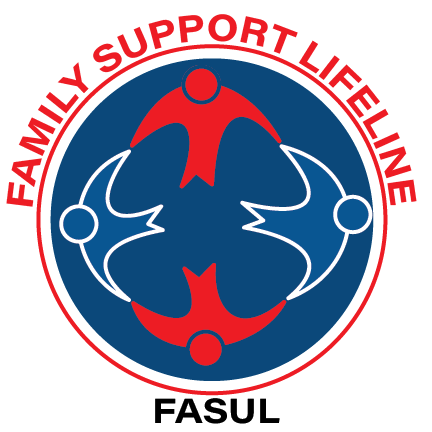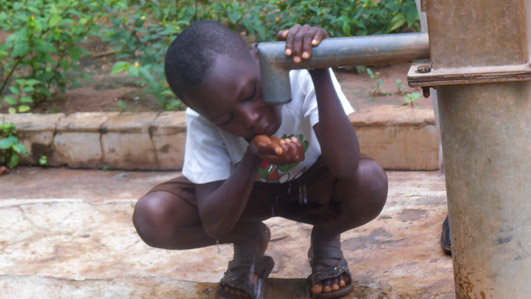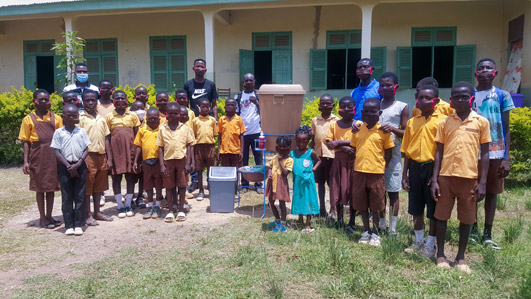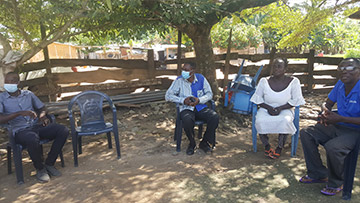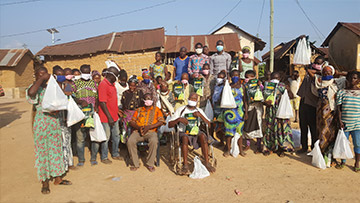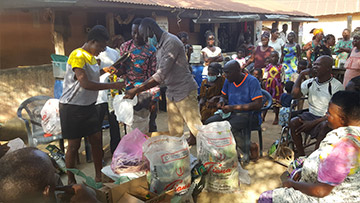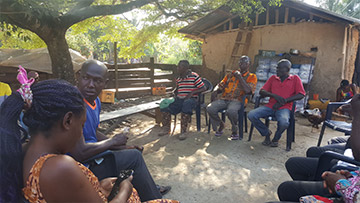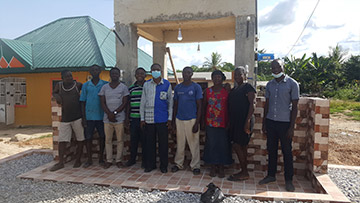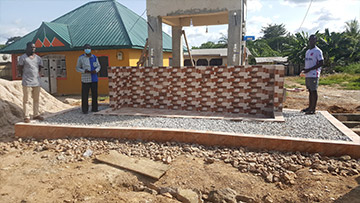Committee members came from Juabenba, Krofrom, Tetekaaso, Abesewase, Nkyerepoaso all in the Juaben District. Ohers were from Manhyia, Kkodie, Boatenkrom,Abesua and Kuarase Resource personnel were invited to equip local leaders with vital knowledge on how to ensure water facilities remain functional and safe, emphasizing practical measures to maintain water quality and hygiene standards.Resources personnel included:Prof. Richard A. Buamah (Regianal Water and Envniromental Sanitation center), Dr. Michael Ofosu (Community Water Account Management) and a rep from the Ejisu Municipal Environmental and Sanitation Office
The FASUL staff who facilitated the organization of the program included the Director, Dr. Alexander Eduful, the Project Coordinator, Mr. Ignatus Kpobi Ndemole, the FASUL Accountant, Mr. Benjamin Adu Agyei and Research Assistants, Mr. Paul Kwaku Cheremeh and intern Mr. Samuel Ofori-Amanfo
During the workshop, participants were taken through: Facility Maintenance: Practical measures to keep water systems running smoothly and efficiently. Safe Water Practices: Ensuring every drop is safe, clean, and healthy for daily use. Community Driven Sustainability: Creative ways communities can manage, maintain, and even profit from their water and sanitation facilities turning once neglected systems into thriving micro businesses.
But we didn’t stop there. Recognizing that sustainability goes hand in hand with community ownership, we explored innovative ways these communities can collectively generate income from their water and sanitation resources. From small scale water sales to sanitation related enterprises, the possibilities for economic upliftment are vast.
This approach aligns with global best practices that show community led water and sanitation initiatives not only improve access and health outcomes but also create social and economic opportunities that last. When communities take charge, they foster a culture of responsibility and resilience, ensuring that clean water flows and sanitation facilities serve generations to come.
Our vision is clear: a world where every community has reliable access to clean water and sanitation, where local leaders are empowered to maintain these vital resources, and where these interventions become a source of pride and prosperity. As we continue to walk alongside these communities, we’re more hopeful than ever. When knowledge is shared and leadership is nurtured, water doesn’t just quench thirst it waters dreams.


